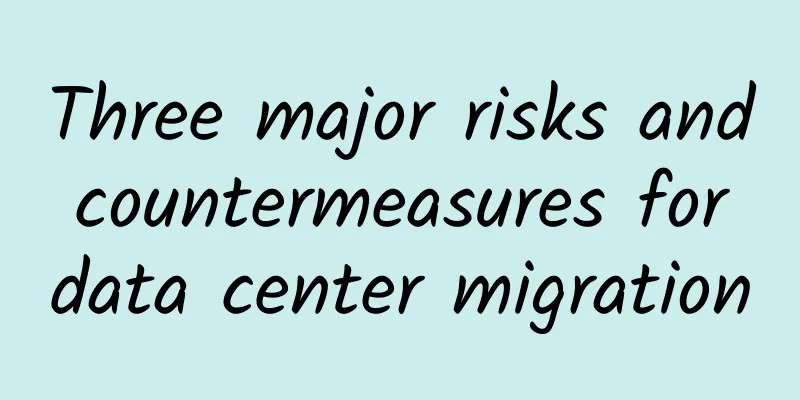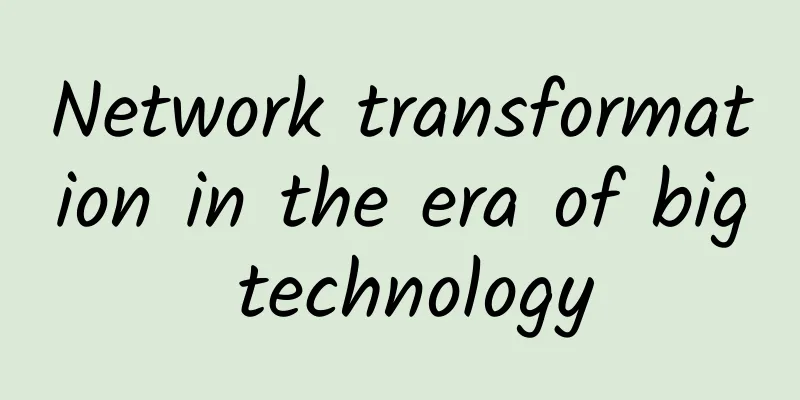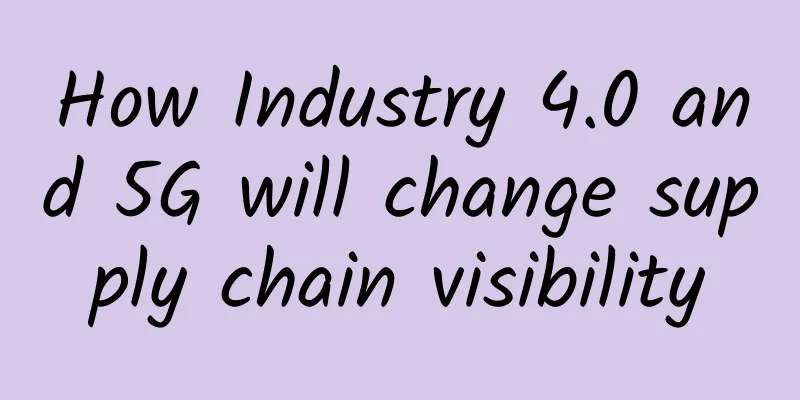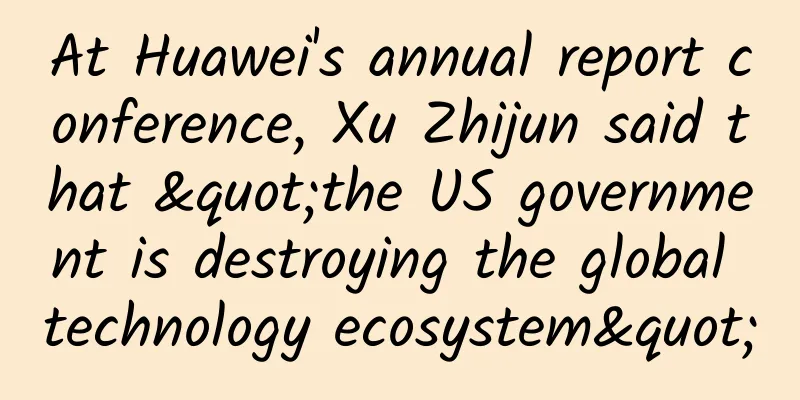We cannot allow "free-network tools" to threaten network information security
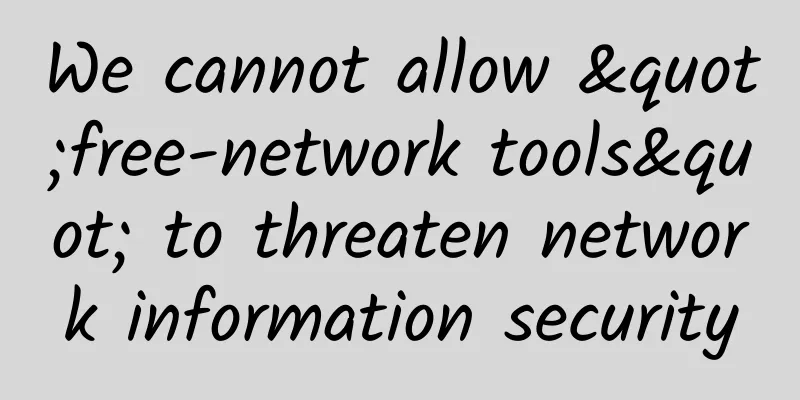
|
Recently, the official website of the Ministry of Industry and Information Technology issued a special notice on mobile applications that use the free Wi-Fi network. The notice stated that according to relevant media reports, the mobile applications "WIFI Master Key" and "WIFI Key" have the function of providing users with the use of other people's Wi-Fi networks for free, and are suspected of invading other people's Wi-Fi networks and stealing users' personal information. The Cybersecurity Administration of the Ministry of Industry and Information Technology attaches great importance to this and immediately organized a professional cybersecurity agency to conduct a technical analysis of the above two mobile applications, and found that the two mobile applications have the function of sharing information such as the password of the Wi-Fi network logged in by the user. At present, the Cybersecurity Administration of the Ministry of Industry and Information Technology has asked the Communications Administration of Shanghai and Fujian Province to conduct an investigation, and will deal with it in accordance with the Cybersecurity Law and other laws and regulations on the basis of verification to safeguard the legitimate rights and interests of the majority of netizens.
The so-called "freeloading" is to use the wireless network card of your mobile phone or computer to connect to other people's wireless routers to access the Internet. Freeloading can effectively reduce your Internet fee expenditure. Therefore, software such as "WIFI Master Key" and "freeloading" came into being to provide "convenience" to users and become a so-called "economical" way to access the Internet. Although some users may feel that "freeloading" makes it convenient for them to access the Internet at any time, the negative effects brought by "freeloading" are also unacceptable. Relevant experts even used the word "unbearable" to describe the risks involved. Although the "WIFI Master Key" is called a "free Internet access tool", the developer's response to the media's exposure of its security risks defined it as "allowing users to connect conveniently and surf the Internet safely through the sharing of WIFI hotspot resources." But the problem is that the so-called legality of obtaining information does not mean that the shared information is securely protected or even prevented from being illegally used. If you know that the shared information may have security risks, the necessity of sharing should be re-examined. Because the security risks it brings are more serious for the industry and users than simply being freed from the Internet and bandwidth, so caution must be exercised. In the era of mobile Internet, WIFI is as common as air, but both the person using the free Wi-Fi and the person being free Wi-Fi may suffer from personal privacy leakage. In other words, sharing and leakage are likely to happen at the same time. On the one hand, this type of free Wi-Fi software relies on cracking wireless networks with simple passwords, or serving users by sharing other people's networks, which poses certain security risks. On the other hand, this type of free Wi-Fi software can not only invade other people's networks, but also steal users' personal information, and its threat to network security can be imagined. An undeniable fact is that "freeloading" software may break through or have the ability to easily break through the WIFI network password settings of homes and institutions, thereby weakening and suspending the risk barrier function of passwords, exposing personal information. But the problem is that at present, whether it is enterprises, individuals, or supervision, there are still many problems such as inadequate measures on how to effectively protect the security of personal information. Perhaps, as a behavior of invading and misappropriating the bandwidth of other people's Internet terminals, the developers themselves may not be unaware of its high risk. The investigation of the mobile application "WIFI Master Key" by the Network Security Administration of the Ministry of Industry and Information Technology is undoubtedly a warning to relevant developers not to walk on the edge of the law, let alone infringe on the rights and interests of users by illegal means. It is also a necessary measure to ensure network information security and safeguard the legitimate rights and interests of the majority of netizens. |
>>: 5G bearer standards are not unified, and the three major operators have different paths
Recommend
MIMO technology triples the number of concurrent connections and transmission capacity
NEC announced that it has verified that distribut...
The scale of the industry has exceeded one trillion yuan, and the industrial Internet has been upgraded
Recently, data from the China Academy of Informa...
Understand how 5G base stations and 4G base stations work together in one article?
A few days ago, a netizen left a message asking h...
How to design a scalable and flexible cabling system for data centers?
Cabling is an essential part of any data center b...
The first batch of commercial 5G countries' network speeds: several blocks faster than Wi-Fi
There have been voices saying that the large-scal...
JuHost: Hong Kong Kowloon VPS 40% off from $2.99/month, 1G memory, 20G SSD, 100M bandwidth
JuHost has currently updated the regular 40% disc...
The first interpretation in China: the potential game-changer behind IIoT
If the Industrial Internet is to be implemented, ...
With the arrival of 5G, will enterprise-level networks disappear?
Reader Question: Although I am also in the IT ind...
Facebook: An innovative data center network topology
[[126753]] Aerial view of Facebook's data cen...
How will the cancellation of data "roaming" fees, which has aroused nationwide praise, trigger a "butterfly effect"?
At the first session of the 13th National People&...
"Building Intelligent Computing Power to Empower the Digital Economy"——2021 Ascend AI Server Product Launch Conference Successfully Held in Beijing
Spring brings blessings, and everything is glorio...
By 2025, the 5G core market size will reach US$9.497 million
[[380039]] According to ResearchAndMarkets, the g...
OneTechCloud Hong Kong/Japan/US CN2 GIA 10% off monthly payment and 20% off quarterly payment, optional native IP or high-defense VPS
OneTechCloud is a VPS hosting business that focus...
Krypt: ION Cloud Platform 2nd Anniversary San Jose CN2 GIA/Singapore CN2 GIA 20% off
Time flies. It has been two years since Krypt lau...

